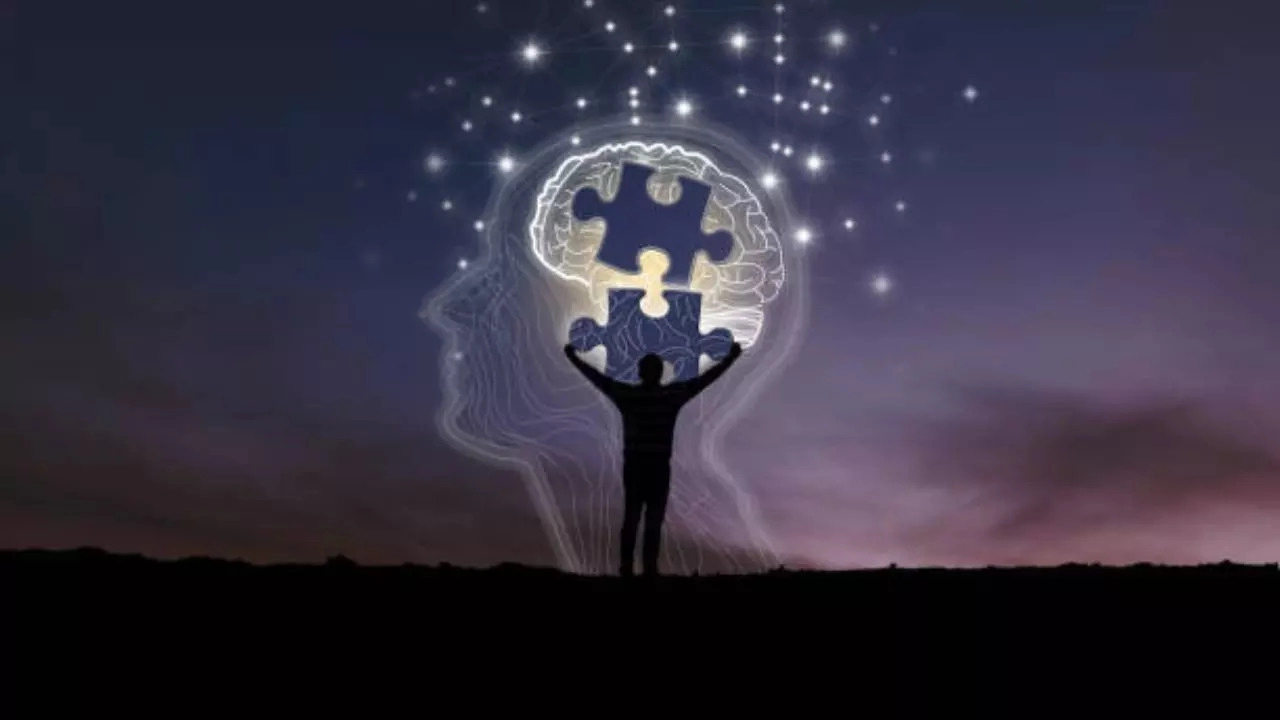Ashima Sharda Mahindra • 21 Sep 2024
World Alzheimer's Day 2024: Simple Lifestyle Changes That Reduce The Risk Of Brain Disorders

Even though age a risk factor for getting Alzheimer’s, many who lived longer without developing this condition had a few lifestyle factors in common
World Alzheimer's Day 2024: Even though there is no cure for Alzheimer’s disease, a lot of studies have shown that healthy lifestyle changes can add years to your life and decrease the risk of developing this progressive neurological disorder. According to estimates, there are more than 55 million people with Alzheimer's disease – which slowly destroys memory and thinking skills. It is the most common type of dementia and the seventh leading cause of death globally.
Doctors say even though age is the number one risk factor for getting Alzheimer’s and symptoms like dementia usually first appear after 60 years, many of those who lived longer without developing this condition had a few lifestyle factors in common.
Physical activity or exercise
Studies say moderate physical activity or exercises like bicycling, swimming, water aerobics, social dancing, volleyball, or jumping rope can significantly help reduce the risk of Alzheimer’s by improving cardiovascular health and reducing inflammation.
According to Harvard Health, irisin - secreted by muscles during exercise, could be an effective therapeutic for addressing deficits of the brain that result from this condition.
Diet
Eating a balanced diet loaded with fruits, vegetables, whole grains, and healthy fats – mostly Mediterranean supports brain health. Doctors say foods like green leafy vegetables, colourful fruits and vegetables, legumes, nuts, omega-3 fatty acids, and whole grains are protective against Alzheimer's disease as they contain anti-inflammatory components and antioxidants, which mitigate the risk factors associated with the disease.
Cognitive stimulation
Exercising your mind every day keeps your brain stimulated and improves your quality of life. According to doctors, engaging in activities like puzzles, sudoku, crosswords and other forms of brain training may help slow memory loss and other mental problems.
Social engagement
It is important to stay socially active and connected with others as it can build cognitive reserve and reduce the risk of Alzheimer’s. Meeting people and socializing with them reduces the risk of dementia due to mental and intellectual stimulation. Social engagements also improve mood and help relieve stress.
Regulated sleep
It is important to get adequate sleep – 8-9 hours every night for your brain health - to reduce the risk of may reduce the risk of Alzheimer’s. Regulated sleep also removes metabolic waste from the brain and consolidates memories.
A sound snooze protects you against other dementia risk factors, like high blood pressure. According to various studies, lack of sleep can increase the risk of dementia and Alzheimer’s by at least 27 per cent.
Stop smoking
According to doctors, smoking spikes the risk of vascular problems linked to the two most common forms of dementia - Alzheimer's disease and vascular dementia.
Once you quit smoking, it reduces inflammation as cigarette smoke contains toxins that heighten stress on body cells - which are linked to Alzheimer's disease. Smoking also leads to brain shrinkage - linked to an increased risk of Alzheimer's. Quitting smoking at any time can stop further loss of gray matter.
Quit drinking alcohol
Drinking any amount of alcohol is linked to reduced volume of your brain's white matter – that transmits signals between different brain regions. This leads to issues with the way the brain functions and ultimately causes brain-robbing conditions like Alzheimer’s and dementia.
Quit alcohol to regulate your blood sugar and markers of insulin resistance – which keep the risk of Alzheimer's away. Chronic alcohol exposure also poorly regulates brain metabolism, which can accelerate Alzheimer's disease pathology.
Get Latest News Live on Times Now along with Breaking News and Top Headlines from Health and around the world.